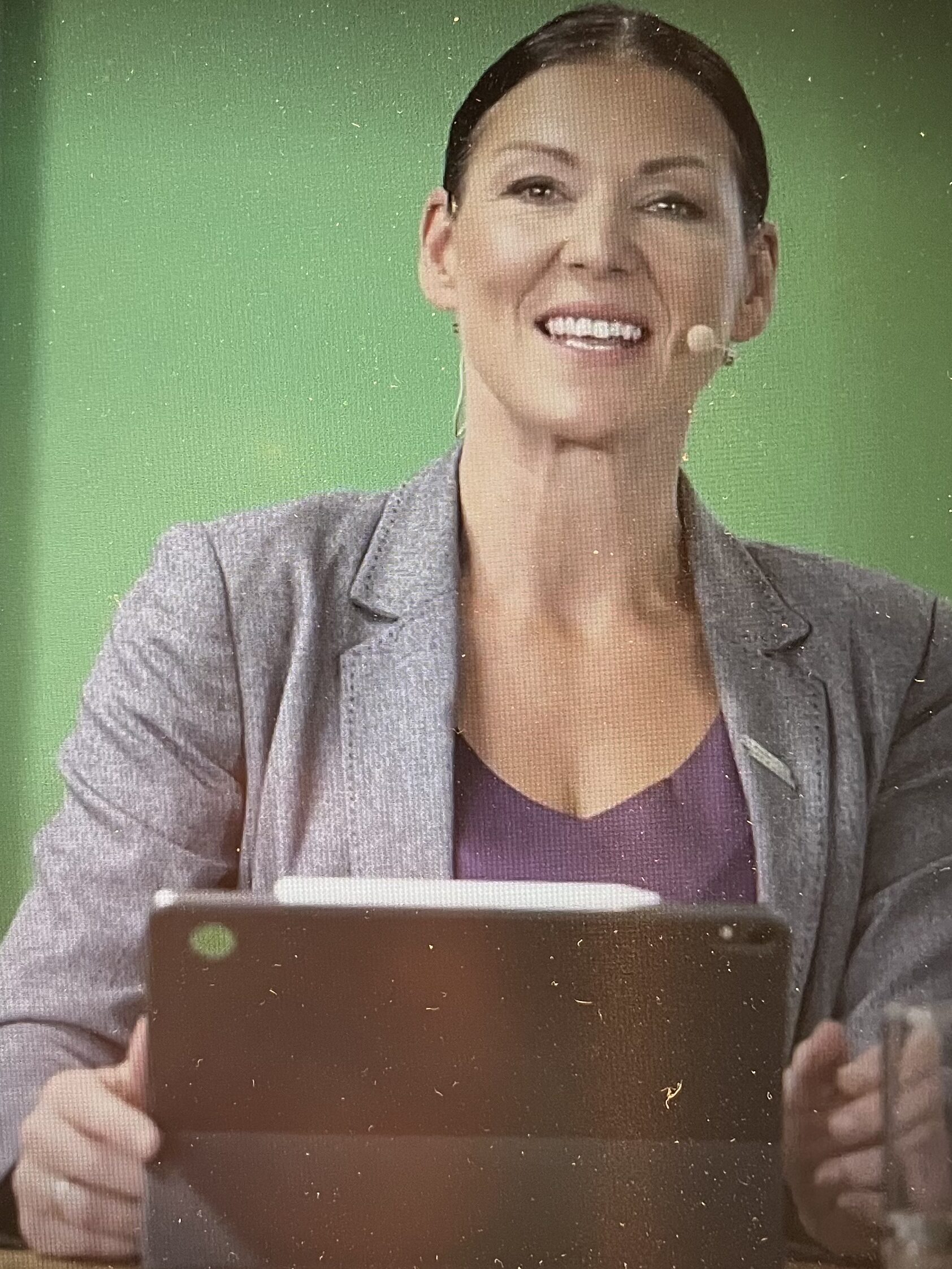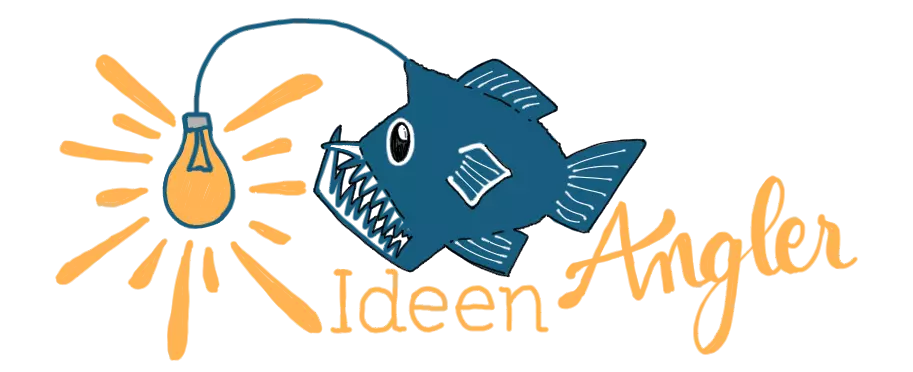Welcome to the habitat of the Ideenangler!

Although for more than 50 years brainstorming research has shown again and again that brainstorming is a rather ineffective method for groups to be creating great ideas, it is still the most widely used of all workshop methods.
I have dedicated four years of PhD research in psychology looking for the few best to be chosen methods for creating ideas and maximizing creativity performance in groups.
After my PhD, I became a leadership trainer and organizational developer in a large, multi-national company. There I am well-known as an expert for innovative, target oriented and effective workshop design and facilitation.
So, if you engage in team meetings regularly, if you facilitate workshops with people, if your job is to continuously create original, unique, outstanding ideas, if you have an interest in workshop design and workshop facilitation, then this website will provide very useful information for you.
I…..
a) facilitate your workshops and meetings, be it small to large scale, onsite to virtual
b) train your experts on meeting moderation and effective workshop hosting
c) hold key notes on how to increase cross-divisional collaboration through workshops and trainings.
d) my expert topics on which I can train people:
- Employee Experience and Employee Engagement Survey
- Make teams High Performing Teams
- Maximize workshop outcomes
- Evidence based creativity techniques
- How to make leadership teams most effective
- Sketchnotes and visualization
- Non-violent communications
- Emotional Intelligence and Culture Transformatiomn
- New Work, flat hierarchies
- Culture Analytics & People Analytics
- AND: Optimizing the workplace for mothers!
You may always see what I’m up to on Instagram: https://www.instagram.com/ideenangler
